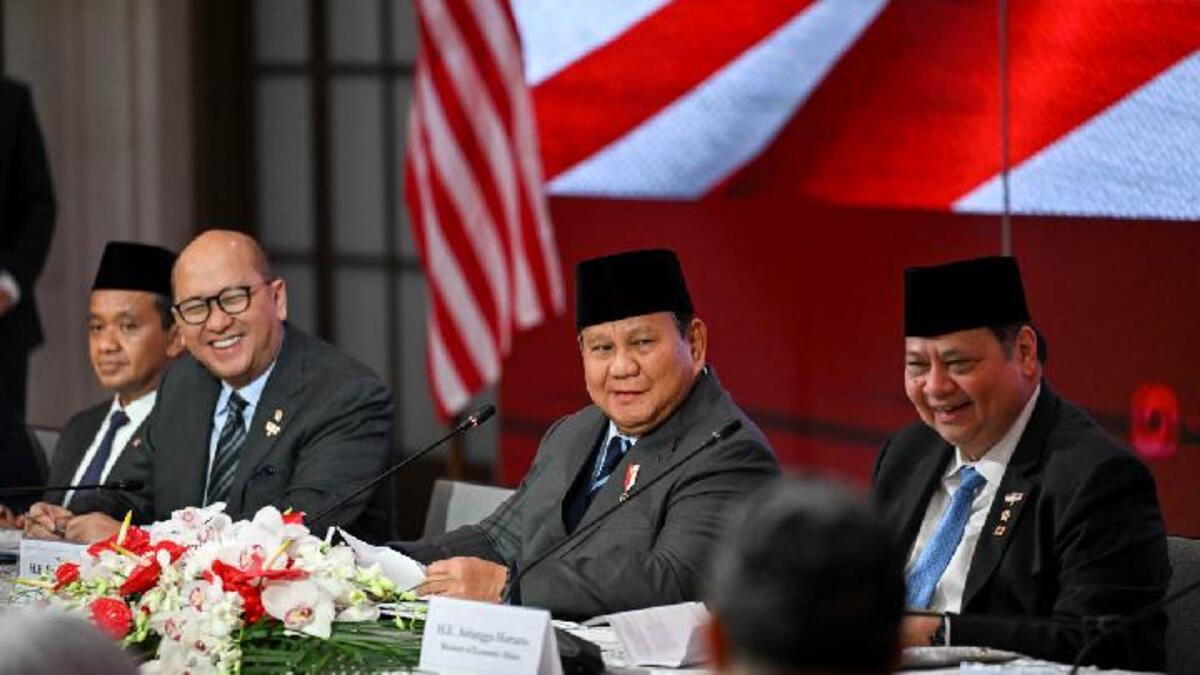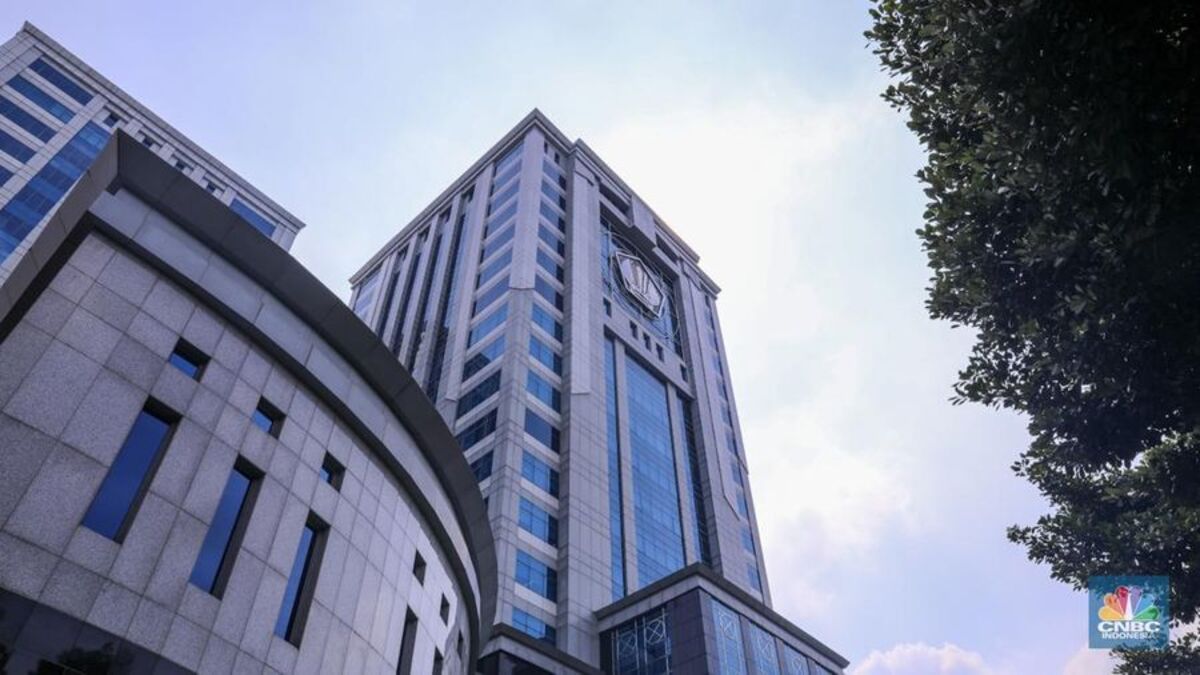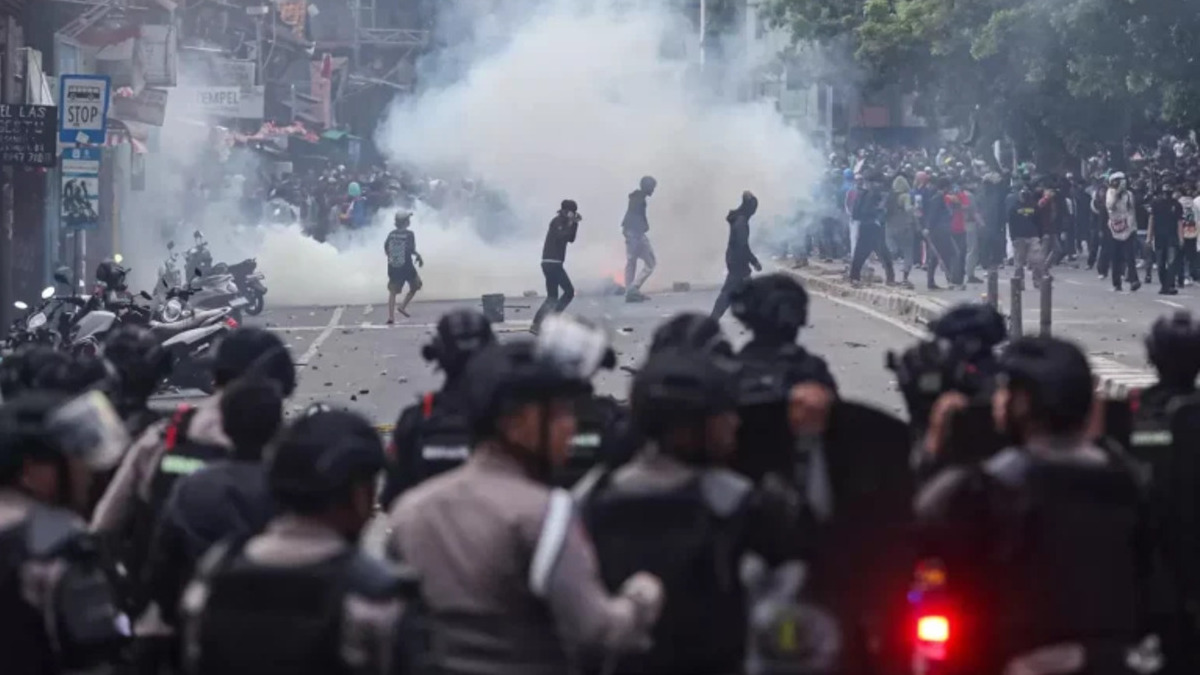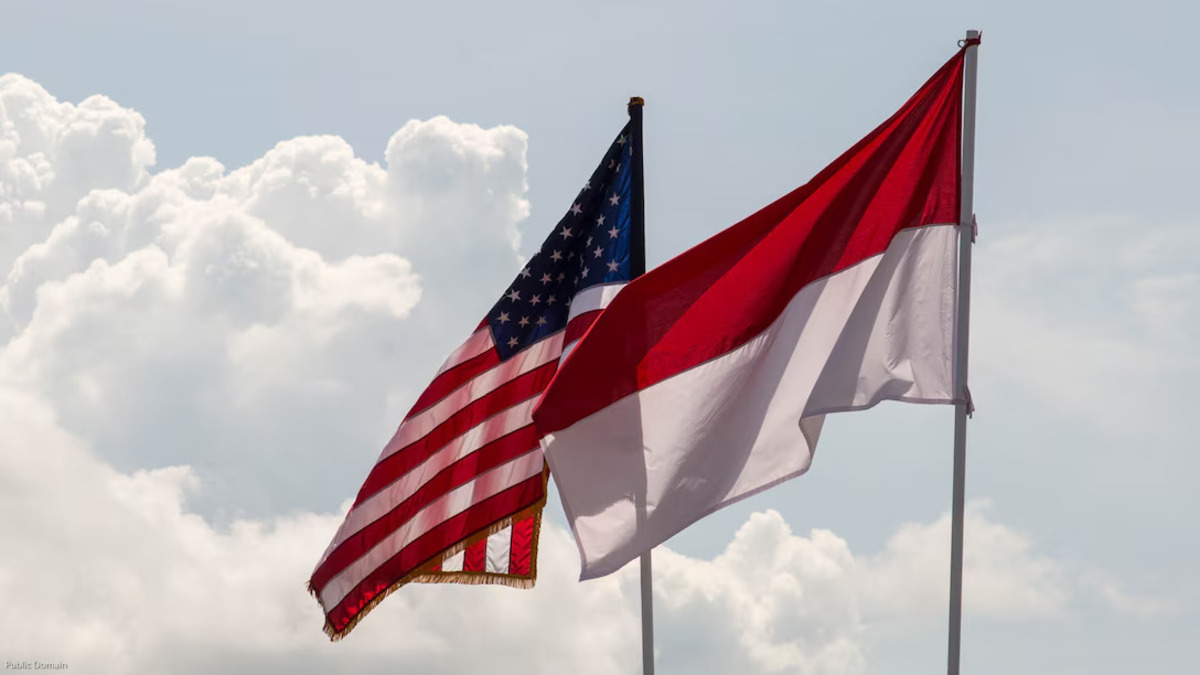Indonesia’s Supreme Court finds Wilmar International guilty of corruption in cooking oil export case
Indonesia’s Supreme Court has convicted Singapore-headquartered Wilmar International Limited of corruption, overturning a previous acquittal in a high-profile case linked to the 2021–2022 cooking oil shortage. The verdict marks a major development in Indonesia’s efforts to combat corporate misconduct and restore market integrity following allegations of bribery in the earlier trial.
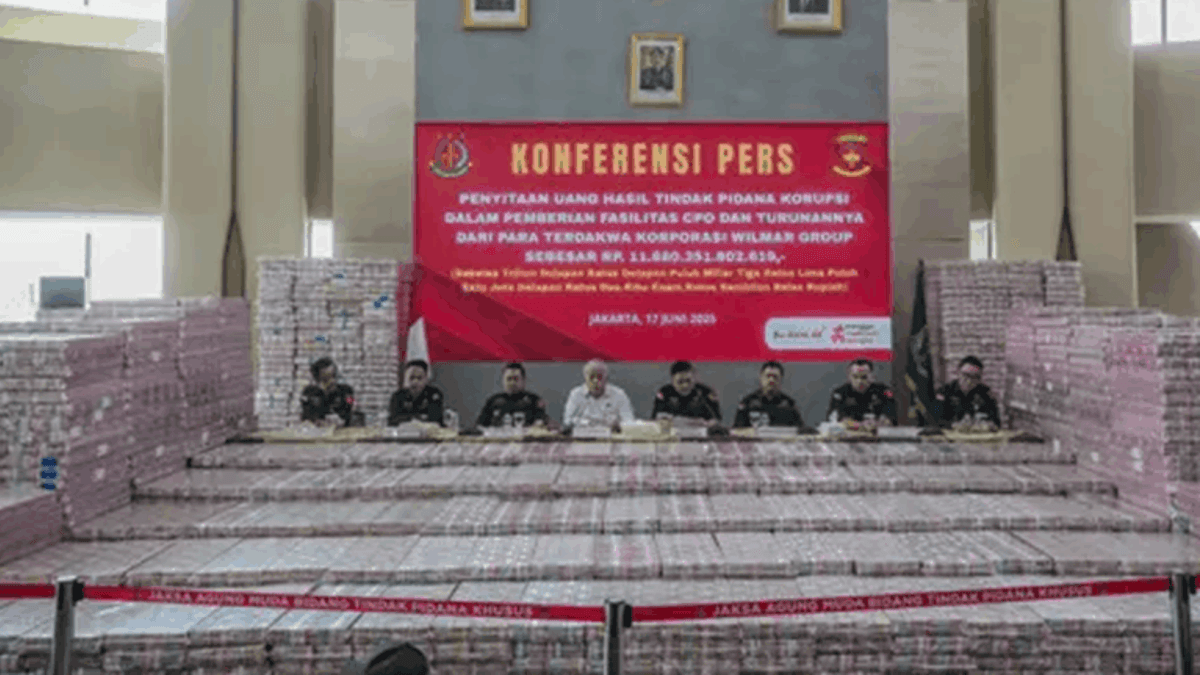
- Supreme Court overturns earlier acquittal, convicting Wilmar and two Indonesian palm oil firms of corruption.
- The companies were accused of bypassing palm oil export controls during the 2021–2022 cooking oil shortage.
- Indonesia’s Attorney-General’s Office (AGO) had appealed the initial verdict after judges were arrested for bribery.
Indonesia’s Supreme Court has found Wilmar International Limited guilty of corruption in a landmark ruling that overturns the company’s prior acquittal in a case tied to the 2021–2022 cooking oil shortage.
The Singapore-based agribusiness giant, alongside Indonesian palm oil firms Musim Mas Group and Permata Hijau Group, was accused of illicitly bypassing export controls on palm oil and cooking oil, which were enforced to secure domestic supply during a market crisis.
According to documents reviewed on 25 September 2025, the Supreme Court’s decision follows an appeal lodged by the Indonesian Attorney-General’s Office (AGO) against an earlier ruling by the lower courts, which had cleared the companies of wrongdoing.
The case centred on allegations that the companies secured palm oil export permits unlawfully during the height of Indonesia’s cooking oil shortage between mid-2021 and early 2022.
The export restrictions were part of emergency measures introduced to stabilise local prices and ensure sufficient domestic availability, as international palm oil prices surged.
Bribery scandal led to review
In March 2025, the three firms were acquitted by the lower courts. However, within weeks, the AGO arrested all four judges presiding over the case on suspicion of accepting at least US$1.1 million in bribes to deliver favourable verdicts.
This revelation triggered a Supreme Court review of the matter in June, alongside the seizure of IDR 11.8 trillion (approximately S$907 million) from Wilmar as compensation for alleged state losses.
According to a Wilmar announcement dated 25 September, the AGO had demanded compensation of IDR 11.8 trillion and a fine of one billion rupiah from the company.
Permata Hijau was fined one billion rupiah and ordered to pay IDR 937 billion, while Musim Mas was fined the same amount and ordered to pay IDR 4.8 trillion in compensation.
Although the formal judgment and detailed grounds for the Supreme Court’s decision have not yet been released, the court’s ruling is binding and signals a major turn in one of Indonesia’s most prominent corporate corruption cases in recent years.
Wilmar denies wrongdoing
Wilmar, founded by Singaporean tycoon Kuok Khoon Hong and listed on the Singapore Exchange, has maintained its position that its actions were within legal bounds.
In its official bourse filing, the company stated:
“While Wilmar respects the decision of the Indonesian Supreme Court, it maintains that the actions taken by the Wilmar Respondents, during the period of a shortage of cooking oil in the Indonesian market, were done in compliance with prevailing regulations and in good faith.”
The “Wilmar Respondents” include five of the group’s subsidiaries: PT Multimas Nabati Asahan, PT Multi Nabati Sulawesi, PT Sinar Alam Permai, PT Wilmar Bioenergi Indonesia, and PT Wilmar Nabati Indonesia.
The company has also confirmed that details of the final award amount and grounds of judgment will be released once the formal court decision is issued.
Broader implications for Indonesia’s corporate governance
The case represents a significant test for Indonesia’s anti-corruption framework and its ability to hold large corporations accountable. Analysts note that the Supreme Court’s reversal underscores growing institutional pressure to restore public trust in the judicial process following revelations of bribery among lower court judges.
The AGO’s swift appeal and the subsequent conviction have been described as a rare instance of judicial correction at the highest level, reflecting Indonesia’s determination to pursue transparency in key industries.
Economists have warned, however, that the case could have wider implications for the palm oil sector — a major contributor to Indonesia’s export economy — by tightening compliance obligations and increasing scrutiny of export licensing practices.
Impact on Wilmar’s regional operations
Wilmar, one of Asia’s largest agribusiness conglomerates, has extensive operations spanning palm oil, sugar, and bioenergy across Indonesia and Malaysia. The company’s shares fell in early trading following reports of the court ruling, as investors reacted to the potential financial and reputational fallout.
Despite the Supreme Court’s verdict, legal experts said Wilmar may still seek clarification or review of the compensation amount, depending on the final written judgment.
The company’s leadership has emphasised that it remains committed to operating “in accordance with all applicable laws and ethical standards” across its markets.
Regional context: palm oil and governance challenges
The 2021–2022 cooking oil crisis had prompted widespread public anger in Indonesia, where shortages and price surges affected millions of households. The government subsequently imposed export bans and quotas on palm oil products to stabilise the domestic market.
Critics have long argued that opaque export permit systems and overlapping regulations have created opportunities for rent-seeking and corruption within the sector. The Wilmar case, they say, could set a new precedent for accountability.
As of late September, both the AGO and Indonesia’s Corruption Eradication Commission (KPK) have signalled plans to deepen investigations into similar cases involving other industry players.


